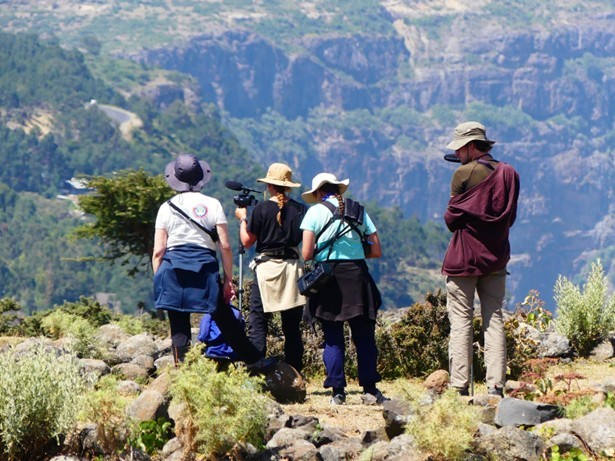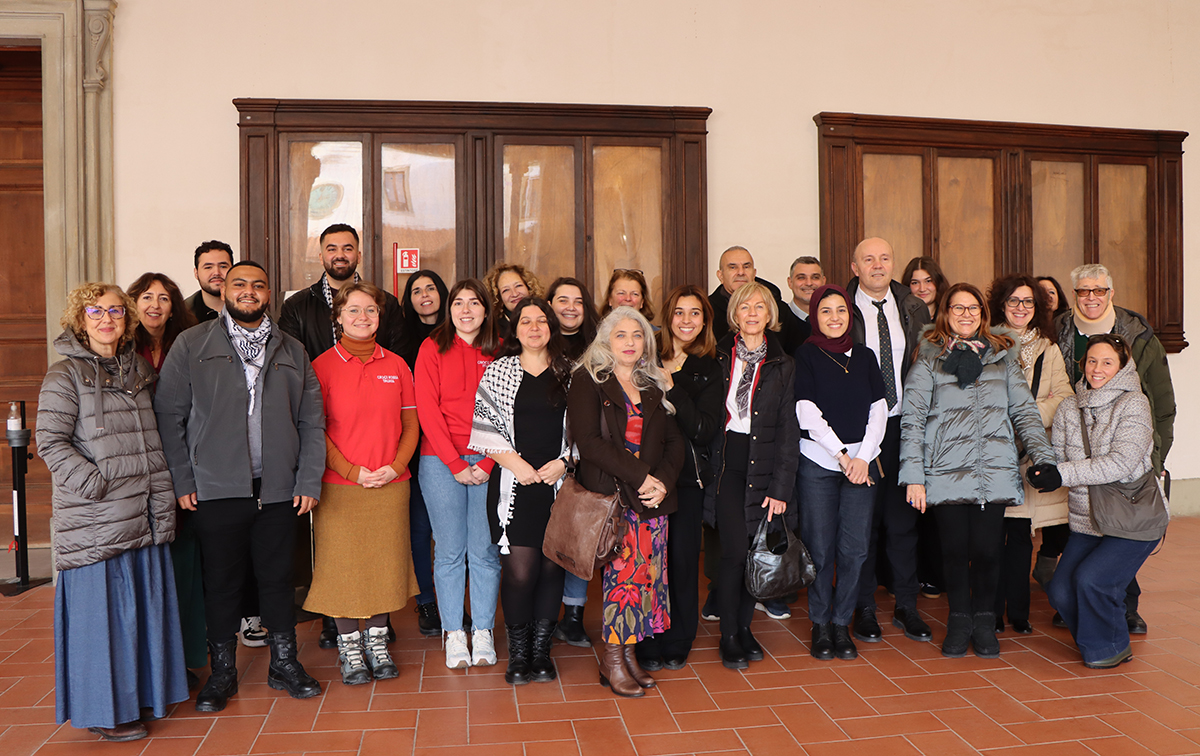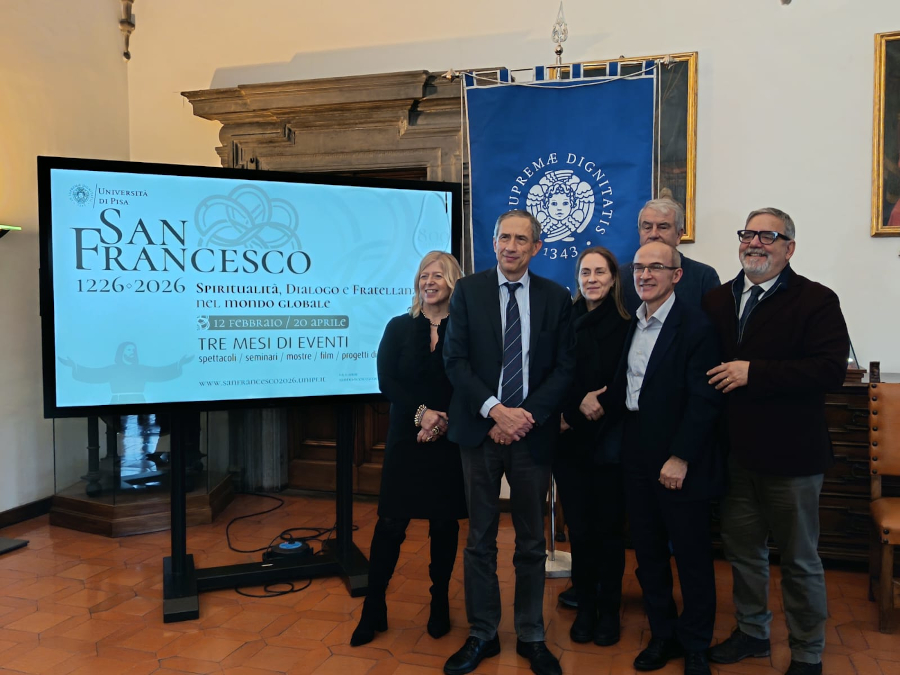Geladas, primates native to the Ethiopian highlands, are capable of recognizing and interpreting the vocal interactions of their peers by linking vocalizations to social dynamics of conflict or reconciliation—even without visual cues, relying solely on sound. This is the finding of an international research project published in PLOS One, coordinated by the University of Pisa in collaboration with the University of Rennes and Addis Ababa University.
In field experiments, researchers played recordings of vocal sequences to wild geladas: either aggressive vocalizations followed by affiliative (consolatory) calls—a natural sequence—or the reverse, an anomalous sequence with the affiliative call preceding the aggressive scream. The monkeys showed greater attention—measured by how long they gazed toward the sound source and how long they paused ongoing activities—when exposed to the “anomalous” stimulus, suggesting a violation of their expectations.

According to the researchers, this behavior indicates that geladas do not perceive vocal signals as isolated events but interpret them as socially meaningful interactions related to conflict resolution and emotional support. In other words, their ability to “listen” reflects a form of cognitive processing geared toward understanding the social relationships within their group.
 “Our findings suggest that geladas possess a form of social intelligence that is also expressed through listening to others” explains Elisabetta Palagi, Associate Professor in the Department of Biology at the University of Pisa and project coordinator. “By perceiving and decoding vocal sequences, they can understand, interpret, and respond to social dynamics appropriately, even without seeing what is happening. This ability sheds light on the evolutionary roots of our own empathic capacities.”
“Our findings suggest that geladas possess a form of social intelligence that is also expressed through listening to others” explains Elisabetta Palagi, Associate Professor in the Department of Biology at the University of Pisa and project coordinator. “By perceiving and decoding vocal sequences, they can understand, interpret, and respond to social dynamics appropriately, even without seeing what is happening. This ability sheds light on the evolutionary roots of our own empathic capacities.”
The study, which lasted 15 months, was funded by the Leakey Foundation as part of the Science for Reconciliation project and supported by various European zoos and foundations through the BRIDGES project coordinated by the University of Pisa.
Participants from the University of Pisa included Luca Pedruzzi, a joint PhD candidate with the University of Rennes studying empathy-based behavior and communicative complexity in primates; Martina Francesconi and Alice Galotti, PhD students in the Department of Biology focused on social behavior in various animal species; and Elisabetta Palagi, whose research has long centered on social behavior in animals and humans alike, particularly the evolution of behaviors such as play, conflict resolution, and empathy. In 2020, Palagi received the Distinguished Research Award from the Animal Behavior Society for her contributions to the field of animal behavior.



